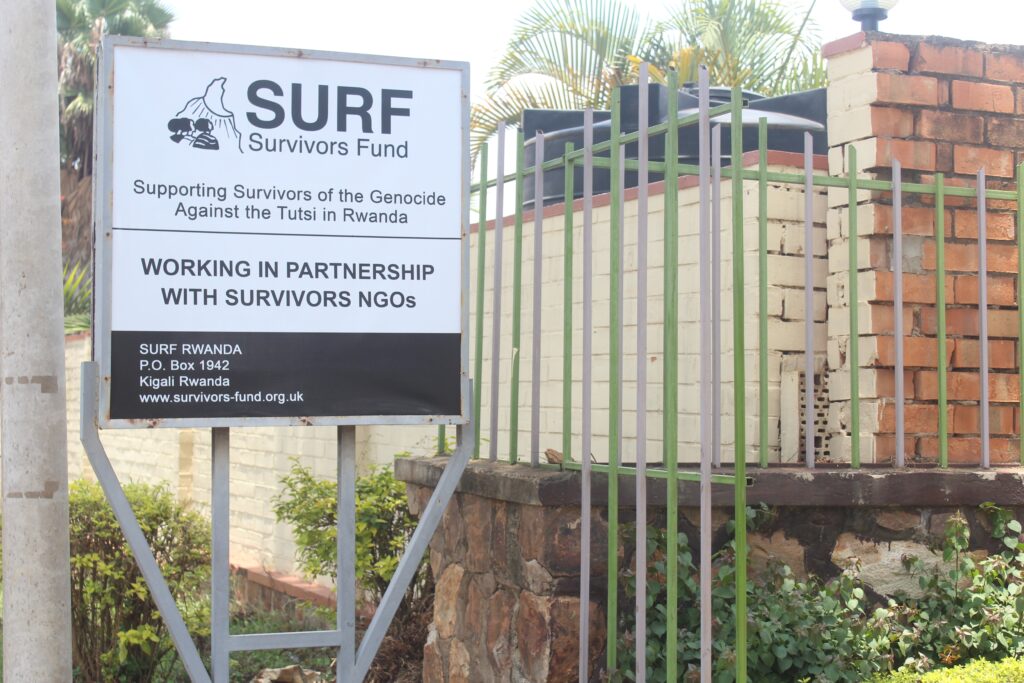
This is one of a series of extracts of questions and answers from An interview with Samuel Munderere and David Russell of Survivors Fund (SURF) on reparative justice for survivors of the 1994 Genocide against the Tutsi in Rwanda published in a Special Issue of Peace Review, a journal of social justice, to mark the 30th Anniversary of the Genocide against the Tutsi in Rwanda.
What role do education and commemoration play in reparative justice? How has SURF and its partners contributed to those efforts domestically in Rwanda and internationally?
Education and commemoration play crucial roles in reparative justice by fostering understanding, acknowledgment, and remembrance of past atrocities, and by promoting reconciliation and healing among affected communities. Survivors Fund (SURF) and its partners have made significant contributions to these efforts both domestically in Rwanda and internationally.
In Rwanda, SURF has been instrumental in supporting educational initiatives that aim to teach future generations about the genocide and its consequences. This includes supporting school programs that integrate genocide education into the curriculum, providing scholarships for survivors to pursue higher education, and facilitating survivor-led workshops and discussions. By promoting education about the genocide, SURF helps combat denial and revisionism, fosters empathy and understanding, and empowers survivors to share their stories and advocate for justice. A key component of that has been the recording of testimonies of survivors to preserve for posterity their stories, more important as a number of survivors have died since the genocide and without those testimonies their experiences will have been lost forever.
Commemoration is another essential aspect of reparative justice, allowing survivors and communities to honour the memory of those who perished and to collectively mourn their loss. SURF and its partners have been actively involved in organising and supporting the organisation of commemorative events, particularly in Rwanda. These events provide spaces for survivors to come together, support one another, and pay tribute to the victims of the genocide. Additionally, SURF supports the construction and maintenance of memorial sites and promotes initiatives that preserve the memory of the genocide for future generations. Since SURF’s establishment, we have enabled the construction or rehabilitation of over 40 memorial sites across Rwanda.
